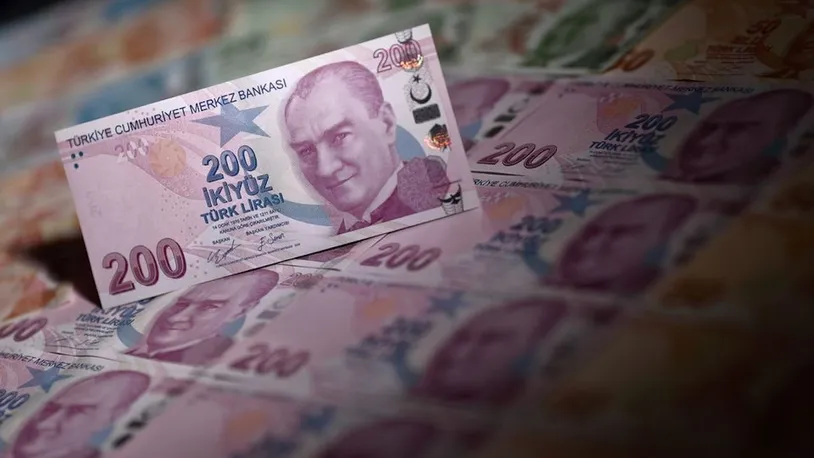On December 13, the Turkish lira fell 7% in just minutes to a record high of around 15 per dollar, gripped by concerns over President Recep Tayyip Erdogan’s risky new economic policy and the prospect of another rate cut on December 16.
The sudden drop has caused the currency to lose half of the value it had at the end of last year, fueling inflation in a large emerging market economy heavily dependent on imports.
The central bank has previously held the lira below 14.0, intervening three times in the past two weeks in the foreign exchange market by selling dollars. He announced no intervention as of 0730 GMT on 13 December.
The lira slipped to 14.99 against the US currency, shedding 7.3% of its value since it closed at 13.889 on December 10. By 07:30 GMT, the lira reduced losses during volatile trading and amounted to 14.2895.
Turkey’s central bank is expected to cut its policy rate by 100 basis points to 14% this week, a Reuters poll showed December 10, despite rising inflation to 21.3% last month.
Investors and savers are worried about the recent aggressive monetary easing, in which the central bank, under pressure from Erdogan, has cut its interest rate by 400 basis points since September.
Erdogan has repeatedly advocated rate cuts, promoting a new economic plan that prioritizes economic growth, credit, manufacturing and exports, despite widespread criticism of the policy from economists and opposition politicians.

